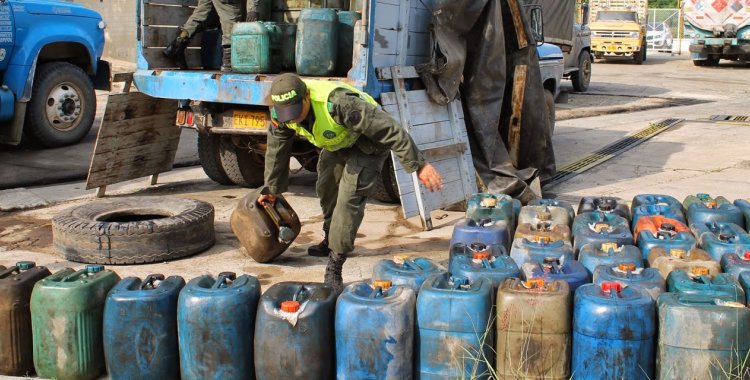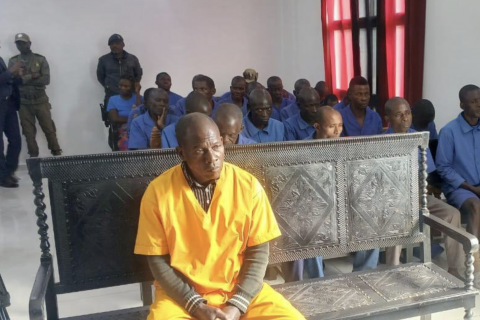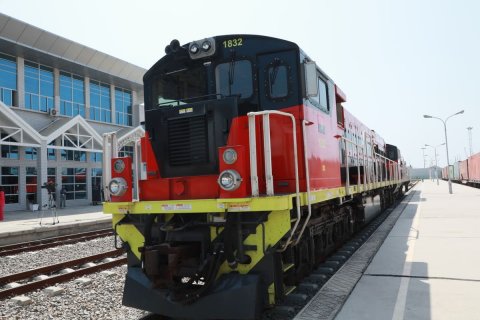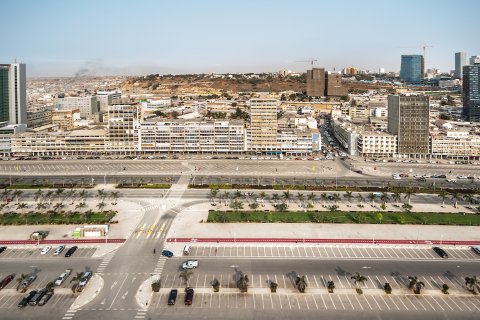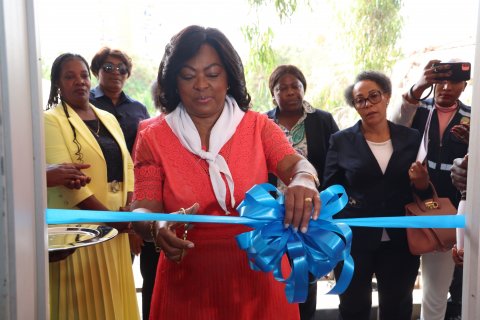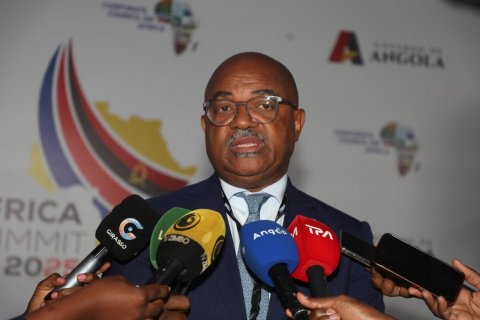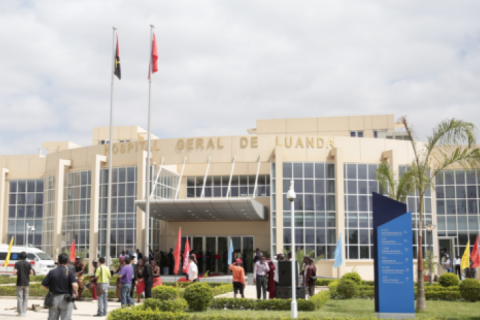The data is contained in the report of the multisectoral technical commission for the identification of criminal matters in petroleum product smuggling cases and was released this Thursday by the Supreme Court, which added that of the 868 cases in preparatory investigation, 11 have already been introduced into court.
Between March and April, the commission went to the provinces of Zaire, Cabinda, Lunda-Norte, Lunda-Sul, Cunene and Moxico to assess the situation, holding meetings with local authorities, visiting locations where assets were seized and interviewing populations and licensed operators.
More than 3.3 million liters of fuel (gasoline, diesel and illuminating oil) were seized, in addition to hundreds of vehicles, boats, motorcycles and accessories used for the illegal transport of products, according to the report, which points to the existence of “organized smuggling networks, especially in border regions such as the Democratic Republic of Congo and Zambia”.
The same note says that signs of “retaliation” by operators in the oil sector were identified, with abrupt cuts in the supply of fuel to areas such as Zaire and Cabinda after the intensification of combat actions.
The province of Zaire (north of the country, bordering the Democratic Republic of Congo) leads in the number of extraordinary processes of appropriation of assets and in liters of fuel redistributed (more than 440 thousand liters of diesel and gasoline).
The Commission identified as the main constraints the divergence of procedures between provinces, lack of application of current legislation, reduced number of magistrates, stagnant processes due to the lack of expert examinations and inadequate storage of seized goods.
“In immediate response to the Commission’s recommendations, local authorities allocated large volumes of fuel seized from public institutions,” the press release highlights.
The final report recommends “strengthening the judiciary in critical areas, increasing the operational capacity of security forces, creating permanent inter-institutional brigades, implementing digital fuel tracking systems and community awareness campaigns.”
Angola is one of the countries in the world where the price per liter of fuel is cheapest and is in second place in Africa, surpassed only by Libya.

